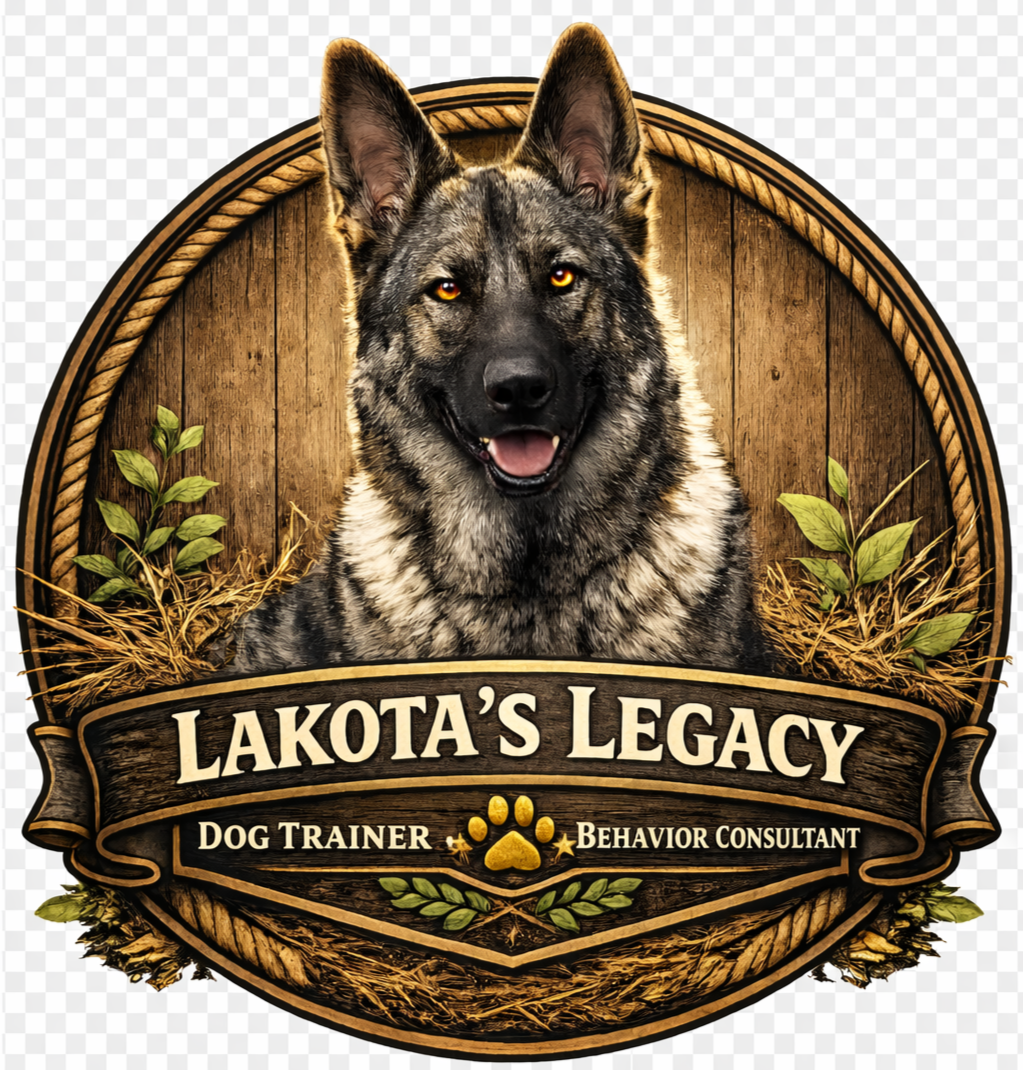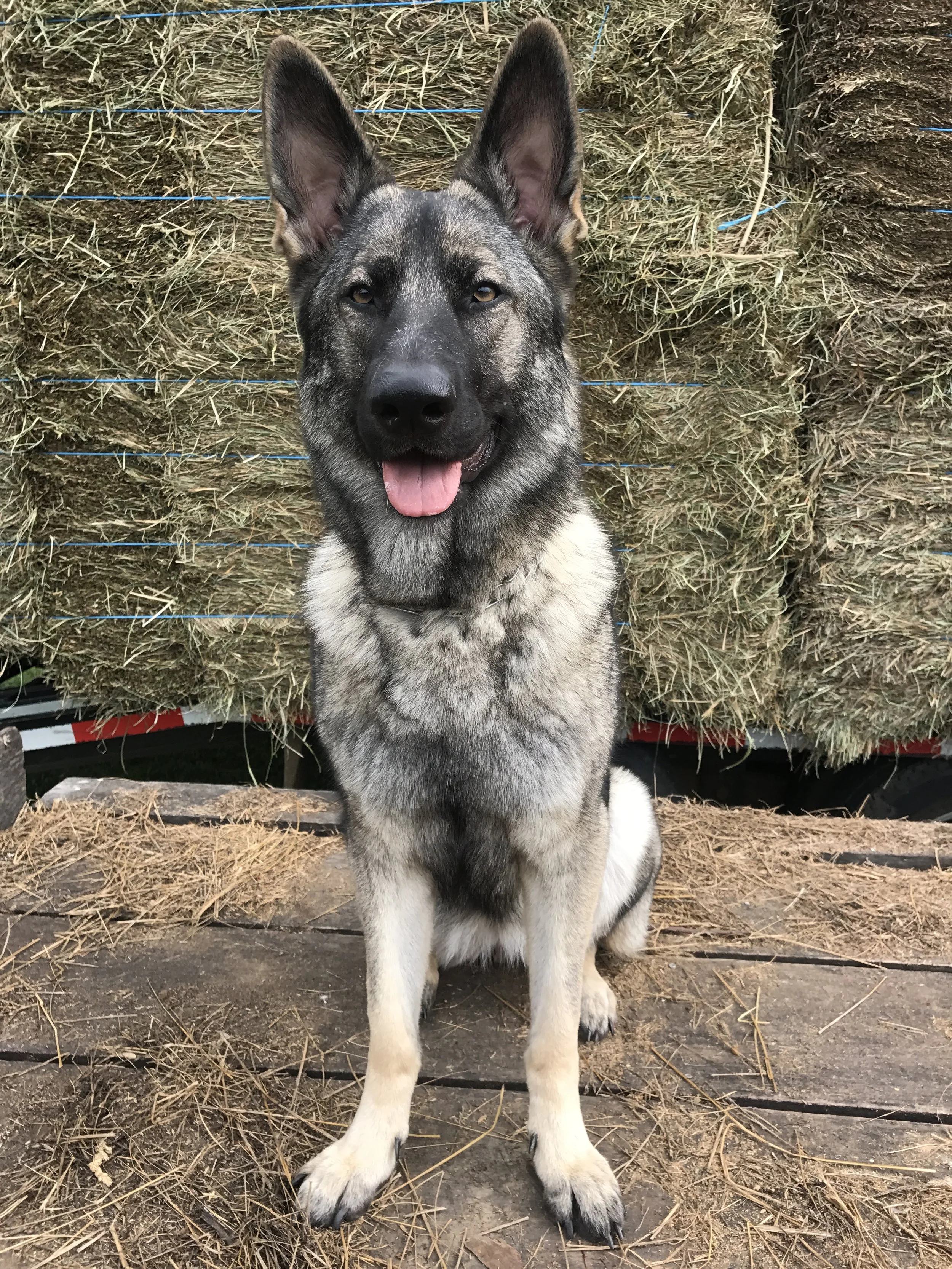About Me
Lasting Behavior Change Starts With the Right Trainer
Most dog owners come to me after they’ve already tried the quick-fix trainers… the harsh correction methods… the “guaranteed results” that only made things worse.
Your dog doesn’t need more pressure.
They need someone who understands their emotions, their triggers, and how to safely teach them new behaviors.
With me, you get:
✔ A Certified Dog Behavior Consultant — educated and qualified in complex behavior cases
✔ Safe, humane, fear-free methods with a holistic approach
✔ A customized plan designed around your dog’s unique struggles
✔ A partner who supports you every step of the way
✔ Veterinarian Approved
This isn’t basic obedience. You won’t even hear me mention that word.
This is professional behavior work for dogs who need more than sit, stay, and “be a good dog.”
If you're ready for real progress — not temporary suppression — you're exactly where you need to be.
Based in Clarksville, Tennessee, Lakota's Legacy specializes in helping dogs with issues such as trauma, over excitement, anxiety, and aggressive behaviors. Offering a holistic, science-based approach including education, management strategies, skills training, and behavior modification, all delivered with a science-based, holistic approach, both online and local private in-home sessions availability.
Gina is a Certified Dog Behavior Consultant (CDBC) with the International Association of Behavior Consultants (IAABC) https://iaabc.org/en/certified-credentials ; a Trauma Informed Pet Professional with Brain & Behavior Academy; and Professional Concept Trainer with Dr. Tom Mitchell, BVSc, BSc, MRCVS. She has completed the Aggressive Dog Master course led by Michael Shikashio & has participated in hundreds of hours of educational webinars by such luminaries such as Dr. Tom Mitchell, Dr. Kathy Murphy BVetMed, DPhil, CVA, CLAS, MRCVS, Grisha Stewart, and Leslie McDevitt, and continues to learn in order to bring the best to her clients. She is a member Association of Professional Dog Trainers International (APDTi) https://apdt.com/ and pledged member of the Shock-Free Coalition. Gina also helps Dr. Tom Mitchell with his online group full of thousands of dog owners from all over the world.
The IAABC Certified designation represents the pinnacle of achievement for animal behavior consultants. This credential indicates multiple years of experience and the ability to tackle challenging, complex cases. A minimum of four years experience with 500 hours in animal behavior consulting, 400 hours of coursework, seminars and mentorship and a working knowledge of learning theory, counterconditioning, desensitization, husbandry, assessment skills and application of species-specific knowledge.
The IAABC offers certified credentials for Dog (CDBC) Cat (CCBC), Equine (CEBC), Parrot (CPBC), Shelter-Dog (CSB-D) and Shelter-Cat (CSB-C), with over 650 animal behavior consultants across the globe.
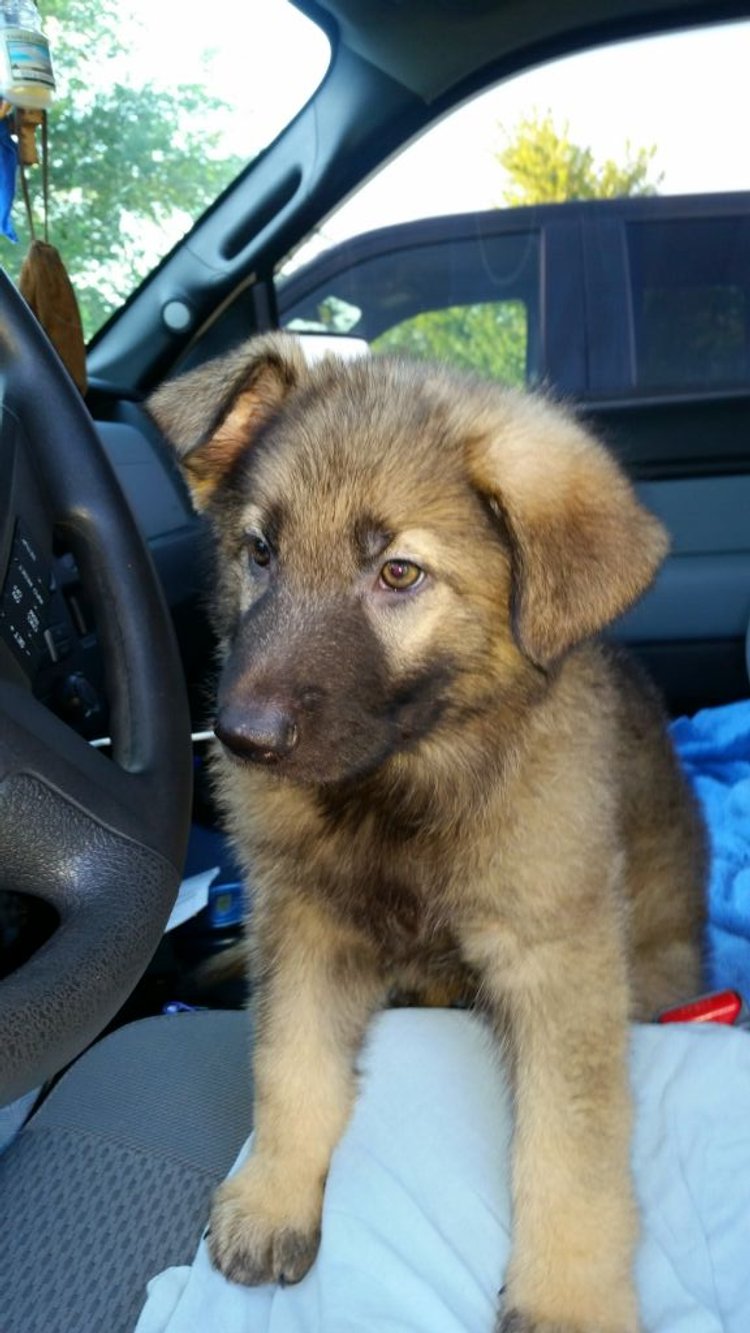
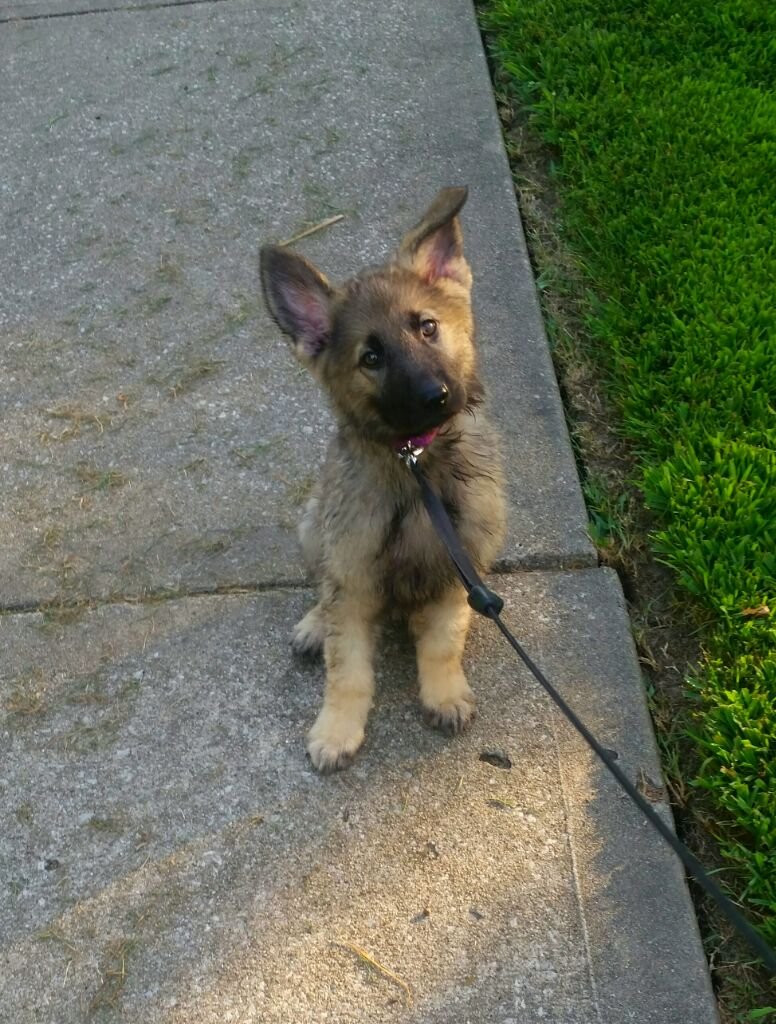

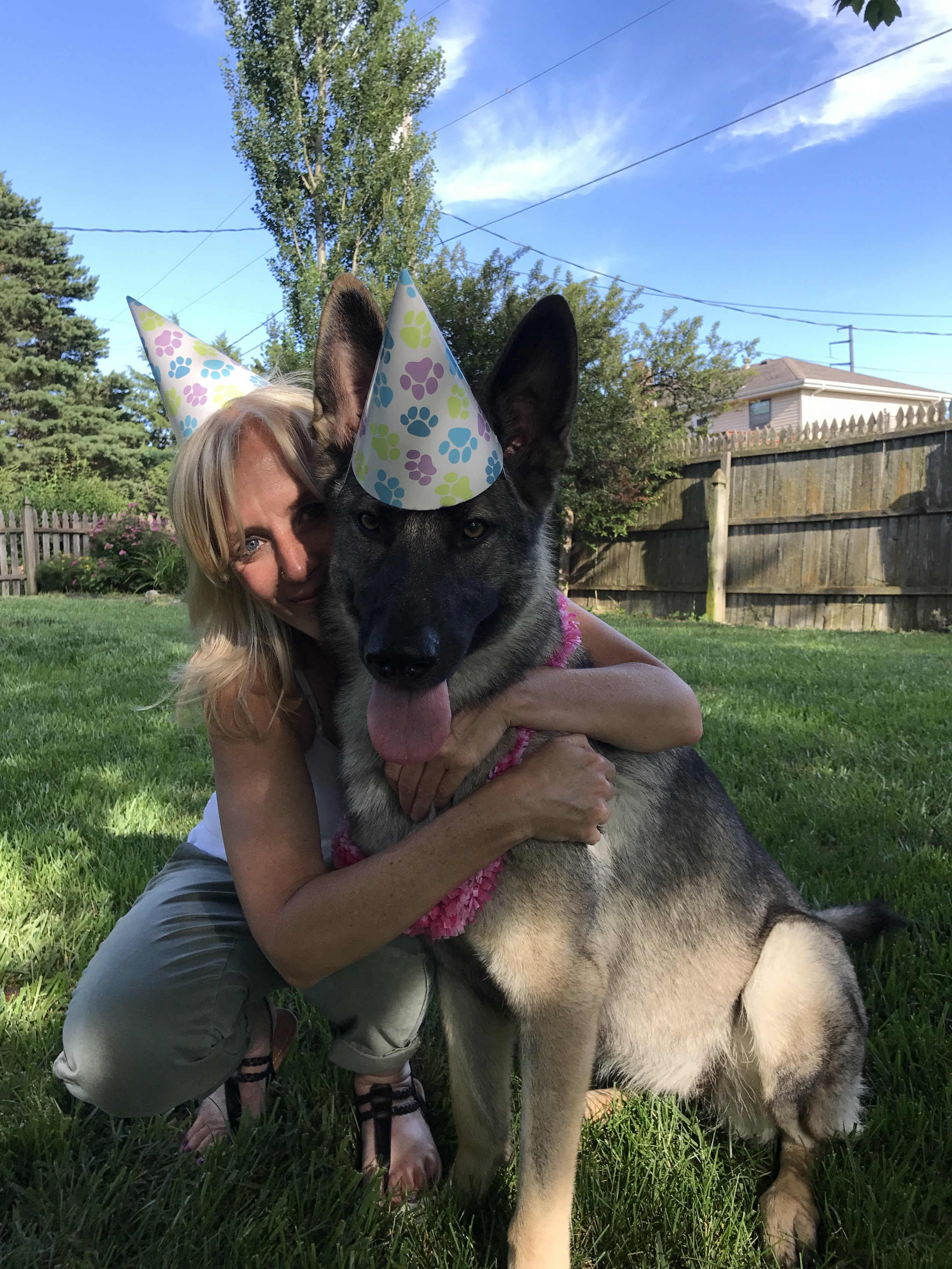

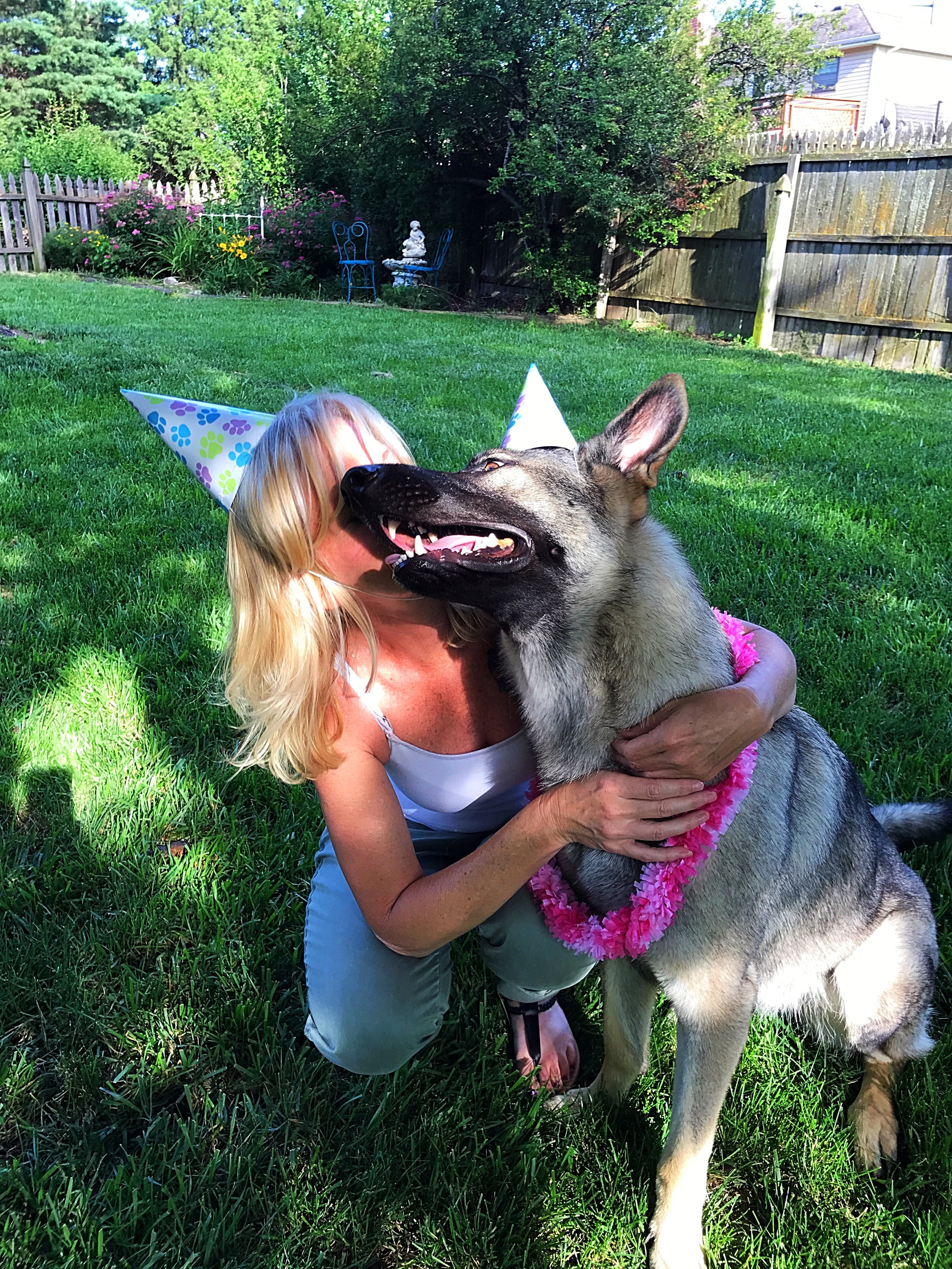










I’ve been where you are—searching for answers, feeling overwhelmed, and wondering what went wrong.
When my dog Lakota began to struggle, I tried everything: trainers, techniques, and advice that promised results. But instead of helping, many approaches made her behavior worse —and left me feeling lost, heartbroken, and out of options.
The turning point came when even my veterinarian gently suggested I might not be able to help her. That conversation lit a fire in me. I had to understand what was really going on—and that journey changed everything.
Now, I help others discover the “why” behind their dog’s behavior using a holistic, science-based approach rooted in empathy, education, and empowerment.
Your dog isn’t broken—and neither are you. If you’re ready to ditch the guilt and confusion and start building lasting change based on connection and understanding, you’re in the right place.
Let’s turn the page to a calmer, more connected life with your dog.
✨ Ready to begin? Let’s talk. Click below to book your first session, ask a question, or just say hi. I’m here to help, and your dog’s transformation starts with this first step.
Lakota lit the way.
Now I help dogs and their people heal and grow—through heart, science, and a purpose born from love.
She is with me in every house I go to and every dog I meet. If you are struggling to connect with your dog, I offer personalized, science-based training (in-person or virtual) to help with behavior, communication, and bonding. Certified, compassionate, and here to guide your journey.
Let’s get you both back on track.
Ready to make real changes with your dog?
Let’s take that first step together.
Click below to schedule your consultation—whether it’s in person or virtual, I’ll guide you every step of the way. Your journey to calm, connection, and confidence starts now. 🐾
My Approach
My approach to canine behavior is driven by a deep passion and a commitment to education and experience. I am constantly updating my skills, immersing myself in the latest advancements in canine science through hundreds of hours of educational webinars, conferences, and courses. I possess a diverse array of techniques to meet the unique needs of each dog I work with, ensuring that none of my methods involve pain, intimidation, force, or harsh corrections. I firmly reject the use of chokers, spray collars, prong collars, and shock collars, choosing instead to foster trust and understanding through positive reinforcement.
I am a pledged member of the Shock-Free Coalition (see here: https://www.petprofessionalguild.com/advocacy/shock-free-coalition/).
American Veterinary Society of Animal Behavior (ASVAB) Position Statement on Humane Dog Training: https://avsab.org/wp-content/uploads/2021/08/AVSAB-Humane-Dog-Training-Position-Statement-2021.pdf
“When we know better, we do better!”- Maya Angelou
She is the fire that burns in my heart and the reason I am here today. I know she is watching from above. I see her every time I look into a troubled dog’s eyes. I will always advocate for the dog, no matter what!
Maybe you have been told similar things. Maybe you are sitting there feeling defeated, lost, overwhelmed, stressed out and hopeless. Maybe everyone has been focusing on the wrong thing.
Maybe it’s time to try something different. I certainly will do my best to help you - for Lakota’s Legacy, and for your dog.
My insights and experiences have been shared with the world through publications like Dodo Magazine. Living on the spectrum has been a unique lens through which I view the world, allowing me to connect with the sensory experiences of our canine friends on a profound level.
Lakota and I want you both to succeed. I will do my best to help you ♥

